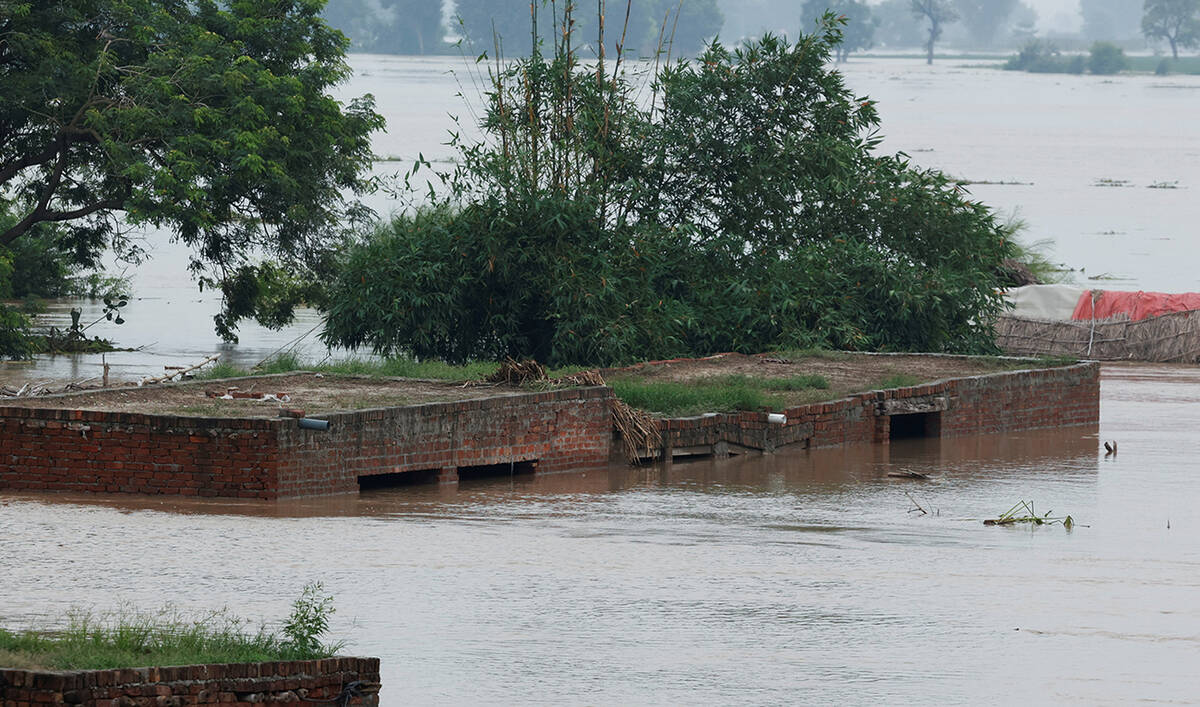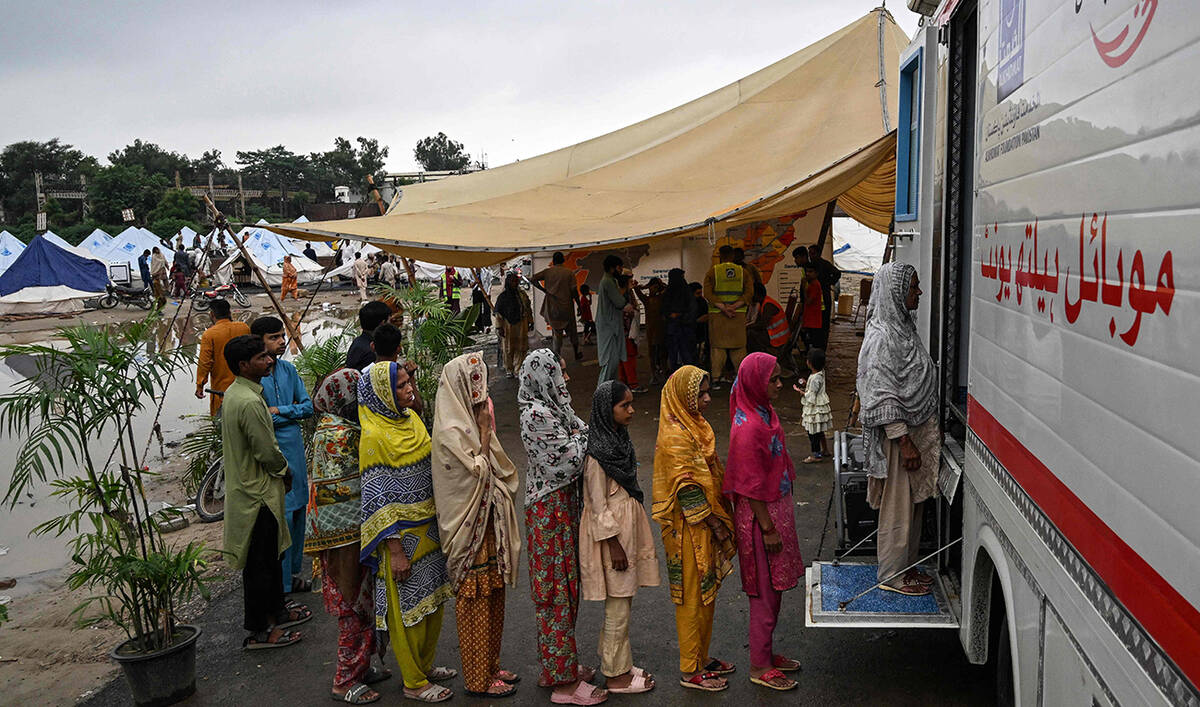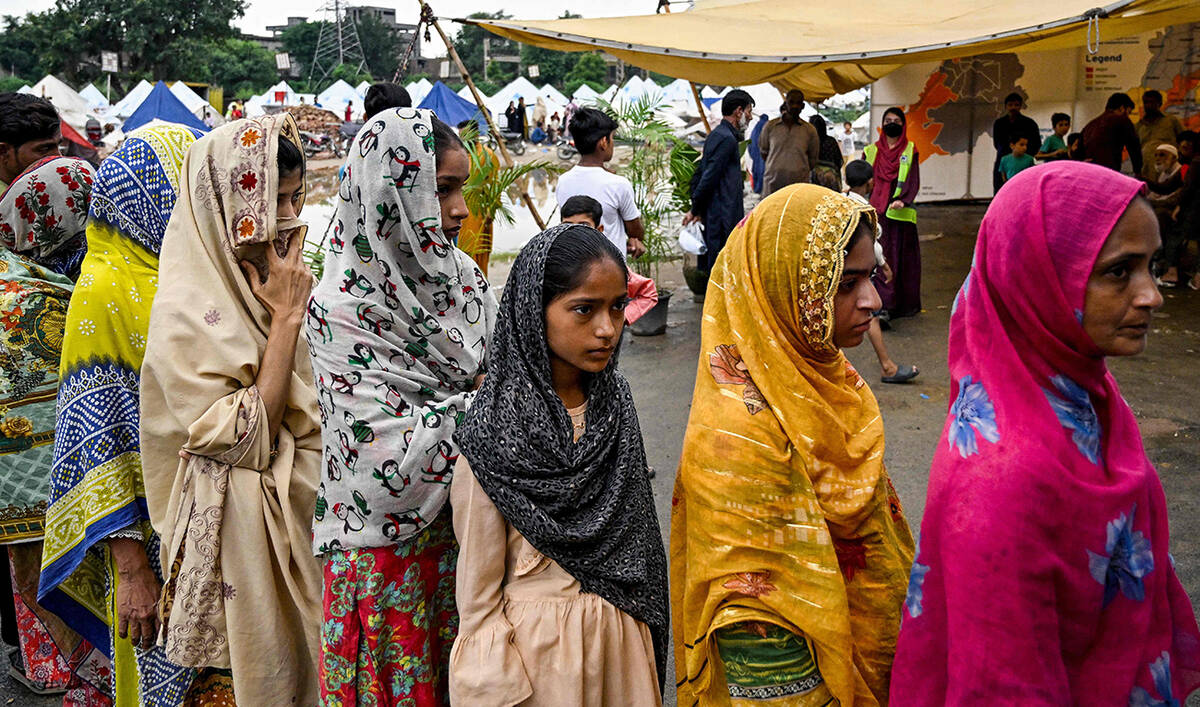ISLAMABAD: Pakistan has retired Rs2,600 billion ($9.2 billion) debt to central and commercial banks in less than one year, the countryŌĆÖs finance adviser said on Sunday, describing it as a ŌĆ£record achievementŌĆØ amid improving fiscal discipline.
The Pakistani finance ministry early-retired Rs500 billion to the central bank on June 30, while the countryŌĆÖs Debt Management Office executed another repayment of Rs1,133 billion on August 29, according to Khurram Schehzad, adviser to Finance Minister Muhammad Aurangzeb.
The brought the total early retirement of the State Bank of Pakistan (SBP) debt to Rs1,633 billion. Earlier this fiscal year, the finance ministry retired domestic commercial market debt of Rs1,000 billion, in the first such advanced debt retirement operation in PakistanŌĆÖs history.
ŌĆ£Including both the central bank and commercial portions, the total early debt retirement in less than one year now comes to over PKR 2,600 billion ŌĆö an unprecedented scale and decisive action in the countryŌĆÖs fiscal history,ŌĆØ Schehzad said on X.
PakistanŌĆÖs total domestic debt stood at Rs51,518 billion in March 2025, according to the central bank data.
Schehzad said the government had cut the SBP debt by nearly 30 percent to Rs3.8 trillion from Rs5.5 trillion well before its 2029 maturity.
ŌĆ£This action marks a decisive shift from past debt-heavy practices, where reliance on borrowing crowded out fiscal space and increased risks,ŌĆØ he said.
The development comes as the South Asian country treads a long, tricky path to economic recovery under a $7 billion International Monetary Fund (IMF) program. Pakistan has struggled with boom-bust cycles for decades and secured 22 IMF bailouts since 1958.
The finance adviser said the improved fiscal discipline has eased the countryŌĆÖs 2029 refinancing burden, lowered rollover risks and created more room for development spending.
ŌĆ£The average maturity of domestic debt has risen to 3.8 years from 2.7 in FY24 ŌĆö the sharpest single-year improvement in history, and well ahead of the IMF target,ŌĆØ he shared.
ŌĆ£With falling rates and disciplined, early repayments, the government has already secured over PKR +800 billion in taxpayer savings (FY25).ŌĆØ
Schehzad said the move was part of ŌĆ£responsible, forward-looking financial governance.ŌĆØ
ŌĆ£By reversing the old cycle of unchecked borrowing and putting repayment at the center of fiscal management, Pakistan is restoring credibility, strengthening resilience, and building a more sustainable future,ŌĆØ he added.






















